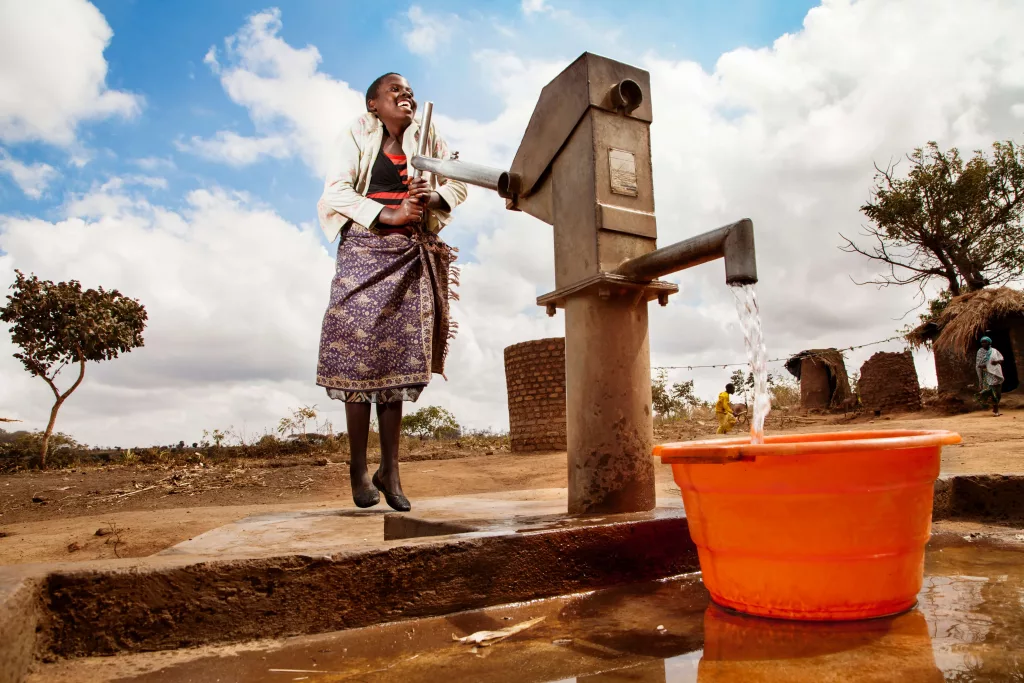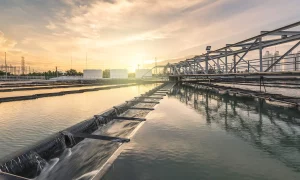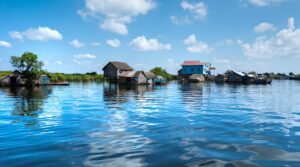PERSPECTIVES
This is archived version of the SIWI website, preserved to showcase how it previously appeared.
To access the current, live site, please visit siwi.org.
This framework document was written under the collaboration between UNICEF and the UNDP-SIWI Water Governance Facility through the Accountability for Sustainability programme.

This document is intended as a resource guide for UNICEF WASH staff and partners, helping them understand how to increase a focus on sustainability in their WASH programming. It considers the different programming intervention levels and models, the upstream enabling environment, as well as the importance of meaningful interaction with communities in order to ensure better access to sustainable water and sanitation services.
The document consists of four parts, linked to the Sustainability Pathway:
The framework offers guidance on how to understand and integrate sustainability in WASH programming throughout the programme cycle, from the assessment phase to implementation and monitoring of results and how to feedback findings for reinforcement or course correction.
A guidance to simplified ’Sustainability Checks’, including a list of core indicators and underlying factors to be analyzed in sustainability monitoring, has been developed and complements this document.




This is an archived version of the SIWI website, preserved to showcase how it previously appeared.
To access the current, live site, please visit siwi.org.
We use cookies on our website to make your experience better. Your personal data is safe and we do not sell it to anyone.
The website is running without cookies, some features will not work.